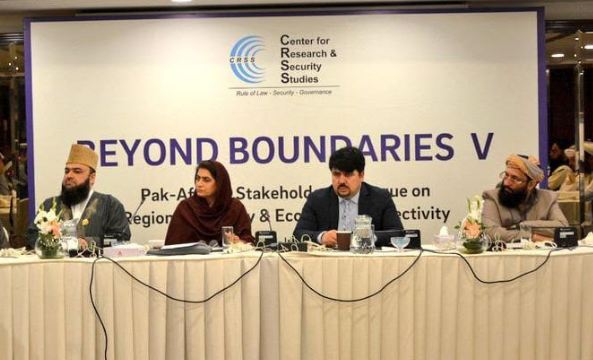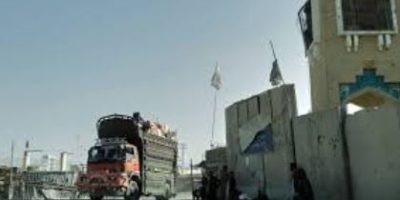Afghanistan Cannot Do Without Educated Girls and Women

Let Afghan Girls Learn – Pak-Afghan Stakeholders’ Undisputed Demand
ISLAMABAD, MAR 8 /DNA/ – At the Pak-Afghan Stakeholders Dialogue on Regional Stability and Economic Connectivity, participants – comprising eminent religious and tribal leaders, academicians, and trade and media personnel from Pakistan and Afghanistan – underpinned the need for reopening girls’ schools and amelioration of the educational landscape in Afghanistan.
The participants underscored that the normalization of Afghan girls’ education is an undebatable demand. “We cannot do without education. I ask you all, how is it possible for the Afghan women living under IEA to access sound healthcare in the absence of female doctors, and to meet country’s future healthcare needs with the current ban on education”, said a female delegate.
Noting the current state of Afghan girls’ education and women’s rights, the group extrapolated that the advocacy and outcry on these issues has so far not born the expected outcomes as the Qandahar faction of the Taliban, a key actor in the decision-making, has not been consulted or spoken to as indicatively as required. “The Afghans do not only want the reopening of girls’ schools, but also an educational system at par with international standards and considerate of cultural and religious context. To forestall future invasions, our youth must advance in science, and other academic disciplines”, said a former Afghan diplomat. Seconding him, a participating Pakistani religious scholar emphasized that the socio-economic and academic progress is the key to preserving civilizations and nations. The interlocutors reiterated the need to prioritize economic stability and connectivity over political differences. An Afghan commerce expert said, “Pakistan and Afghanistan share ideal proximity – we have similar cultural values, but our problems are also the same, economic crisis being one of them. Now that we finally have peace in our country, we must strive for robust trade and transit and use connected routes to strengthen our economies and establish better trade relations with other regional actors, such as China, Iran, India, Central Asia, etc.” Participants called for eliminating bureaucratic hurdles and malpractices that hinder bilateral trade, leading to mistrust and animosity between the two countries.Related News

Crackdown against Afghan Nationals
Mehtab Pirzada RAWALPINDI, Senior Superintendent of Police SSP Operations Rawalpindi, Malik Tariq Mehboob, Monday directedRead More

Afghan traders pivot to Iran as Pakistan route becomes unreliable
ISLAMABAD, DEC 29 /DNA/ – Exclusionary economic measures cause prolonged disruptions in Pakistan-Afghanistan trade andRead More


Comments are Closed